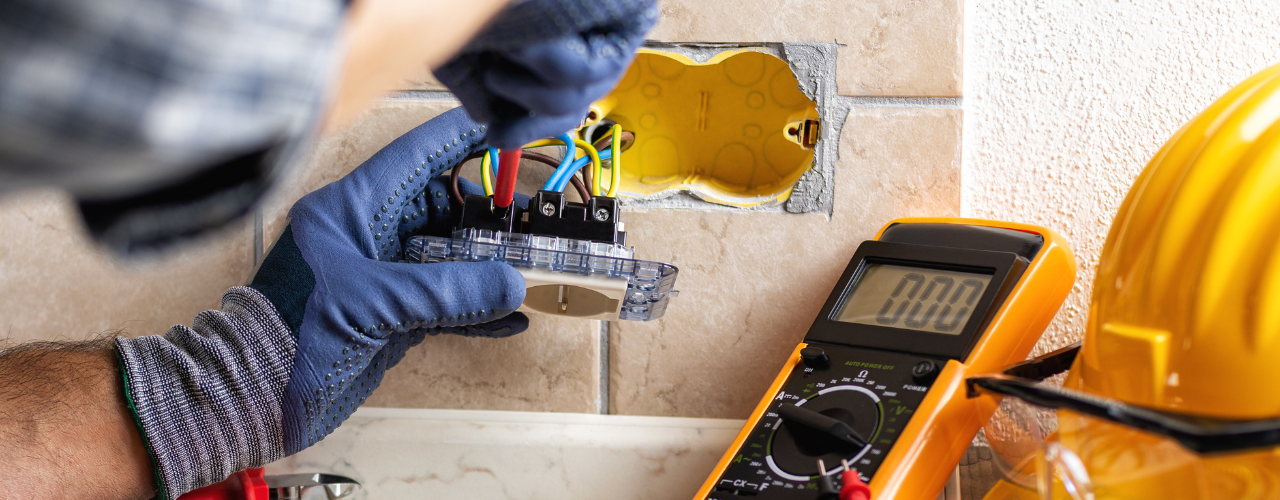Login
Your link will open in a new tab
If this has not happened, please click here
If this has not happened, please click here

Health & Safety Consultant, Adam Williams discusses the importance of electrical safety at work after a car valeting company were fined for putting their workers at risk of electrocution.
The HSE (Health and Safety Executive) visited the company after a previous visit which resulted in enforcement action being taken.
During the inspection, a number of electrical installations were found to be badly maintained and dangerous. The HSE served the company with a prohibition notice on some of the electrical equipment. This stopped them from being used as they posed a risk to their employees through electric shock or electrocution.
The company was also issued with an improvement notice which meant they needed to arrange for a competent electrician to undertake a detailed electrical inspection and test the fixed electrical installation and associated electrical equipment. The company was instructed to arrange for any defects to be repaired by a competent electrician. If the electrical items were deemed unrepairable, they were to be disposed of.
However, despite a number of other visits, the company failed to take any action. On one of these visits, it was found that the electrical installations had deteriorated. Two further prohibition notices were served, prohibiting the use of two electrical appliances. Both had exposed wires which could cause an electric shock or electrocution to the employees.
The investigation found that the employees were put at significant risk of electric shock or electrocution due to the lack of maintenance, as well as, failure to put right the faults found with the electrical installations. They also did not have valid employer’s liability compulsory insurance. This meant that if an employee became injured at work, the company didn’t have the correct insurance in place.
They pleaded guilty to breaching the Health and Safety at Work Act 1974 for failing to comply with an improvement notice Section 33(1)(g) and Section 1(1) of the Employers Liability (Compulsory Insurance) Act 1969.
The company was fined £6,000 and ordered to pay £4,239.80 in costs.
All companies have a legal responsibility for the health and safety of their workers. They must ensure that their electrical installation and equipment are maintained to prevent danger. It is essential that all companies properly maintain their electrical equipment, through inspections from sufficiently trained electricians.
The HSE provides the below guidance on how you should make sure that electrical equipment used for work is safe.
oneSafe allows you to store all of your Health & Safety documentation in one place. In addition, you can set reminders for when a review is required. oneSafe also has a function for you to record accidents and near misses and has a number of templates and example risk assessments.
To find out more information about how HPC can support you with your health and safety requirements, get in contact with our team of experts.
T: 0330 107 1037
E: contact@onehrsoftware.com